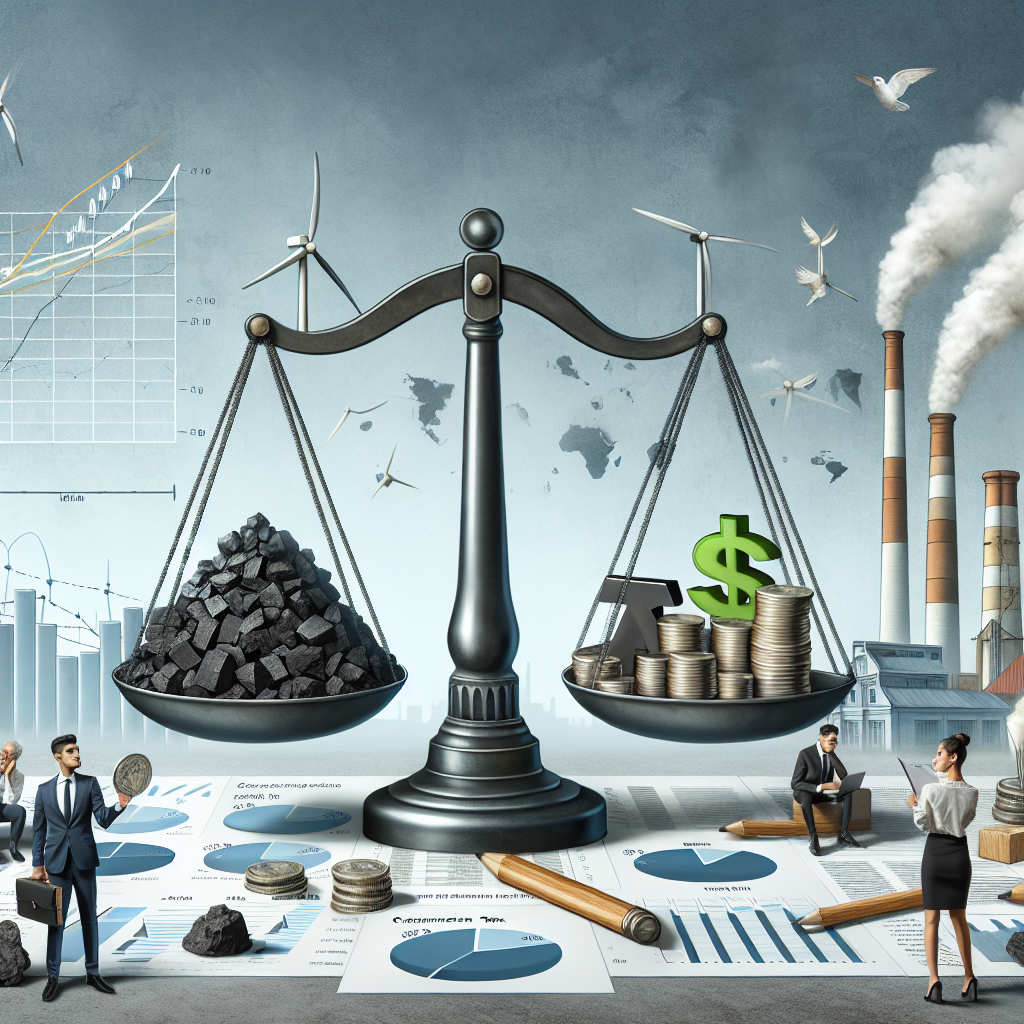SA Faces Challenges in Balancing Decarbonisation with Economic Realities Amid CBAM
Deputy Minister of Forestry, Fisheries, and the Environment Narend Singh warned that such policies could exacerbate inequality, poverty, and unemployment in developing nations like South Africa.

- Country:
- South Africa
While committed to decarbonisation, South Africa has expressed concerns about the potential economic consequences of carbon pricing on emissions-intensive goods, particularly through the European Union's Carbon Border Adjustment Mechanism (CBAM). Deputy Minister of Forestry, Fisheries, and the Environment Narend Singh warned that such policies could exacerbate inequality, poverty, and unemployment in developing nations like South Africa.
Speaking at an industry conference organized by the Steel and Engineering Industries Federation of Southern Africa (SEIFSA) in collaboration with Danish Industry (DI), Singh highlighted the need for a Just Transition that does not compromise the competitiveness of industries or leave vulnerable communities behind.
The Impact of CBAM on Developing Economies
The CBAM, a policy aimed at applying equivalent carbon pricing to imports of emissions-intensive goods from overseas, poses a challenge for South Africa’s export-intensive sectors like metals and engineering, which are also heavy emitters of greenhouse gases. Singh cautioned that such mechanisms, developed outside of multilateral processes like the United Nations Framework Convention on Climate Change (UNFCCC), could lead to economic hardships for countries already grappling with socio-economic disparities.
"The direct impact of carbon pricing will affect developing countries like South Africa by exacerbating inequality, poverty, and unemployment. We must take steps to guard against this," Singh stated.
Decarbonising South Africa's Steel Industry
The Deputy Minister emphasized ongoing efforts to decarbonize the steel sector, one of the hardest to abate and most energy-intensive industries. In collaboration with the Department of Trade, Industry and Competition (DTIC) and the Organization for Economic Cooperation and Development (OECD), South Africa is exploring pathways to a low-carbon transition. Singh pointed to the role of green hydrogen and the use of scrap metal as critical strategies for producing green steel, alongside investments in new and energy-efficient technologies.
"The entire value chain, both upstream and downstream, needs to be considered for this transition, with substantial research, capacity development, and capital investment required," he said.
A Just Transition for a Greener Economy
South Africa’s approach to climate change is centered on a Just Transition, ensuring that workers and communities impacted by the shift to a low-carbon economy are supported. The recently enacted Climate Change Act, signed by President Cyril Ramaphosa in July 2024, outlines a national strategy for both mitigation and adaptation to climate change while fostering job creation in emerging green industries.
The Nationally Determined Contributions (NDC) framework aims to reduce emissions through a peak, plateau, and decline strategy, focusing on renewable energy projects like the Renewable Energy Independent Power Producer Procurement Programme (REIPPPP) and the Just Energy Transition (JET) initiative.
"Our commitment is to stabilize greenhouse gas concentrations and contribute to global temperature goals while ensuring that no one is left behind in this transition," Singh affirmed.
South Africa remains determined to align its climate change policies with global goals of limiting temperature increases below 2°C while striving for 1.5°C, in line with the principle of common but differentiated responsibility. The government will continue to pursue pathways that balance economic growth, social equity, and environmental sustainability in the global fight against climate change.










